
Game Master Playbook for Smoother Sessions and Engagement
Updated on: 2025-10-28
-
Practical Guide to Game Master Tips and Advice
- Set goals with a quick session zero
- Do light, flexible session preparation for GMs
- Build scenes around choices, not scripts
- Use pacing tools: beats, breaks, cliffhangers
- Give every player a clear spotlight
- Handle rules calls without stalling
- Keep an improv toolkit ready
- Debrief and iterate after each game
- Key Advantages of Game Master Tips and Advice
- Summary & Next Steps for Game Master Tips and Advice
- How do I keep players engaged as a game master?
- What are the best tips for a first-time game master?
- How much should I prep for running a tabletop RPG?
If you’ve been searching for game master tips and advice you can actually use at the table, you’re in the right place. This guide focuses on simple, repeatable habits that make running a tabletop RPG smoother and more fun. Whether you say GM or DM, these GM tips and advice principles help you prep less, improvise more, and keep players engaged. You’ll find beginner game master tips and advice for tabletop RPGs mixed with practices that also help seasoned folks tighten their flow.
Practical Guide to Game Master Tips and Advice
Set goals with a quick session zero
Start with a 15-minute check-in. Ask what players want most: exploration, intrigue, tactics, character drama, or a mix. Confirm lines and veils (what’s off-limits or fade-to-black). Agree on tone and difficulty. This tiny investment steers your prep and prevents mismatched expectations later. It’s classic Dungeon Master tips and advice, and it pays off quickly.
- Ask each player for one short-term goal and one long-term wish.
- Confirm how you’ll handle rules questions (table talk, quick votes, or GM calls).
- Clarify how you’ll track treasure, XP, or milestones to avoid confusion mid-session.
Do light, flexible session preparation for GMs
Great session preparation for GMs doesn’t mean binders of notes. Prep the “bones,” not the entire body. Try this 3x5 approach:
- Three locations: a place to start, a place to explore, a place to confront.
- Five hooks: rumors, NPC needs, mysterious signs, rival agendas, ticking clocks.
- One twist: a secret that reframes a choice (the patron is the rival, the relic is cursed, the clue is forged).
This keeps you nimble and ready to pivot—an essential piece of game master tips and advice for running engaging sessions. With lighter notes, it’s easier to follow player choices without railroading.
Build scenes around choices, not scripts
Instead of scripting outcomes, build meaningful choices. Each scene should ask, “What do you do?” and present at least two distinct options with different risks and rewards. Players feel ownership, and you get story momentum without heavy prep.
- Choice hooks: “Fight, bargain, or sneak?” “Save the villager now or follow the assassin?”
- Visible stakes: Show what stands to change—an ally’s trust, a clock running out, a door closing.
- Flexible consequences: Choose outcomes that open new paths, not dead ends.
Use pacing tools: beats, breaks, cliffhangers
Pacing is your secret weapon when running a tabletop RPG. Try this rhythm:
- Beat the clock: Keep scenes focused. If energy dips, introduce a new hook or shift to a different character.
- Short breaks: Two minutes to grab water can reset attention and reduce decision fatigue.
- End on momentum: A cliffhanger or new reveal creates excitement and makes the next session easier to start.
If your table enjoys props, a new set of dice sets or a tactile handout can also create a natural energy bump without cluttering the story.
Give every player a clear spotlight
A simple “spotlight pass” keeps engagement high. Rotate through players at major beats: “What does your character do?” When someone hangs back, ask a gentle, specific question that invites action: “You know this alley—what local rumor do you recall?” This is one of those beginner game master tips and advice for tabletop RPGs that scales to any group size.
- Track who spoke last; hand the spotlight to the quietest voice next.
- Offer micro-prompts tied to a character’s skill, bond, or flaw.
- Celebrate creative risks with quick, positive feedback.
Handle rules calls without stalling
Slow rules debates drain energy. Try this two-step rhythm:
- Call it fast: Make a fair ruling in the moment so play continues.
- Review later: Note the rule to check between sessions and adjust next time.
This keeps the table focused and avoids backtracking. Many Dungeon Master tips and advice lists mention a “ruling, then rules” habit—it’s popular because it works.
Keep an improv toolkit ready
You don’t need to be a master improviser to feel confident. Keep a small kit:
- Names list: Ten first names and ten surnames for quick NPCs.
- Three NPC templates: Friendly guide, prickly gatekeeper, ambitious rival.
- Transition lines: “As you argue, the bells toll.” “The lantern sputters, and a shadow moves.”
These tiny prompts make your world feel alive without heavy prep. If you like tactile aids, browse all collections for table-friendly accessories that support pacing or scene-setting.
Debrief and iterate after each game
End with three quick questions:
- What was your favorite moment?
- What felt slow or unclear?
- What would you like to see next time?
Use this feedback to guide light prep. Over time, your group builds a shared style, and your game master tips and advice become tailored to your table—not just theory.
Key Advantages of Game Master Tips and Advice
- Less prep, more play: Light notes reduce stress and free you to respond to players.
- Higher engagement: Choice-driven scenes and spotlight passes keep everyone involved.
- Smoother flow: Fast rules calls and simple pacing tools keep momentum steady.
- Stronger stories: Consequences that open new paths create evolving narratives.
- Player trust: Quick session zero and clear boundaries set a respectful tone.
- Easy to scale: Works for one-shots, short arcs, or long campaigns.
- Beginner-friendly: Straightforward habits support first-time GMs without complexity.
- Table-tested: These are practical GM tips and advice that hold up across systems.
Summary & Next Steps for Game Master Tips and Advice
Here’s the heart of it: focus on players’ choices, keep prep flexible, and manage energy with pacing and spotlights. That’s the backbone of game master tips and advice for running engaging sessions. If you do nothing else, try a micro session zero, prep three locations and five hooks, and end with a short debrief. You’ll feel the difference fast.
Next steps you can take right now:
- Pick your 3x5 notes for the next session and add one twist.
- Write a 10-name NPC list and three go-to transitions.
- Plan a 60-second end-of-session debrief and stick to it.
- Refresh your table vibe with crisp accessories or a favorite set from Runic Dice.
If you’re curious about the brand behind the table tools you love, meet the team on the About page. And remember: the best GM advice is the advice your table enjoys. Iterate, keep it human, and let the story breathe.
How do I keep players engaged as a game master?
Use short, meaningful choices and visible stakes. Rotate the spotlight so everyone gets a chance to act, and prompt quieter players with specific questions tied to their character. Keep scenes tight, then add a change—new info, a ticking clock, or a dramatic reveal—when energy dips. End with a cliffhanger so momentum carries into next time. These game master tips and advice work across systems and playstyles.
What are the best tips for a first-time game master?
Start small, prep light, and focus on clarity. Run a two-hour session with three scenes: a hook, a challenge, and a choice with consequences. Use quick rulings to avoid stalls, and debrief at the end. This is beginner game master tips and advice for tabletop RPGs that avoids overwhelm while still feeling exciting.
How much should I prep for running a tabletop RPG?
Prep only what you can present. The 3x5 approach—three locations, five hooks, one twist, is enough for most sessions. Anything more risks going unused. Save time for small, flexible tools like NPC names, a rival’s agenda, and a few sensory details. That balance gives you freedom to follow the table while staying grounded.




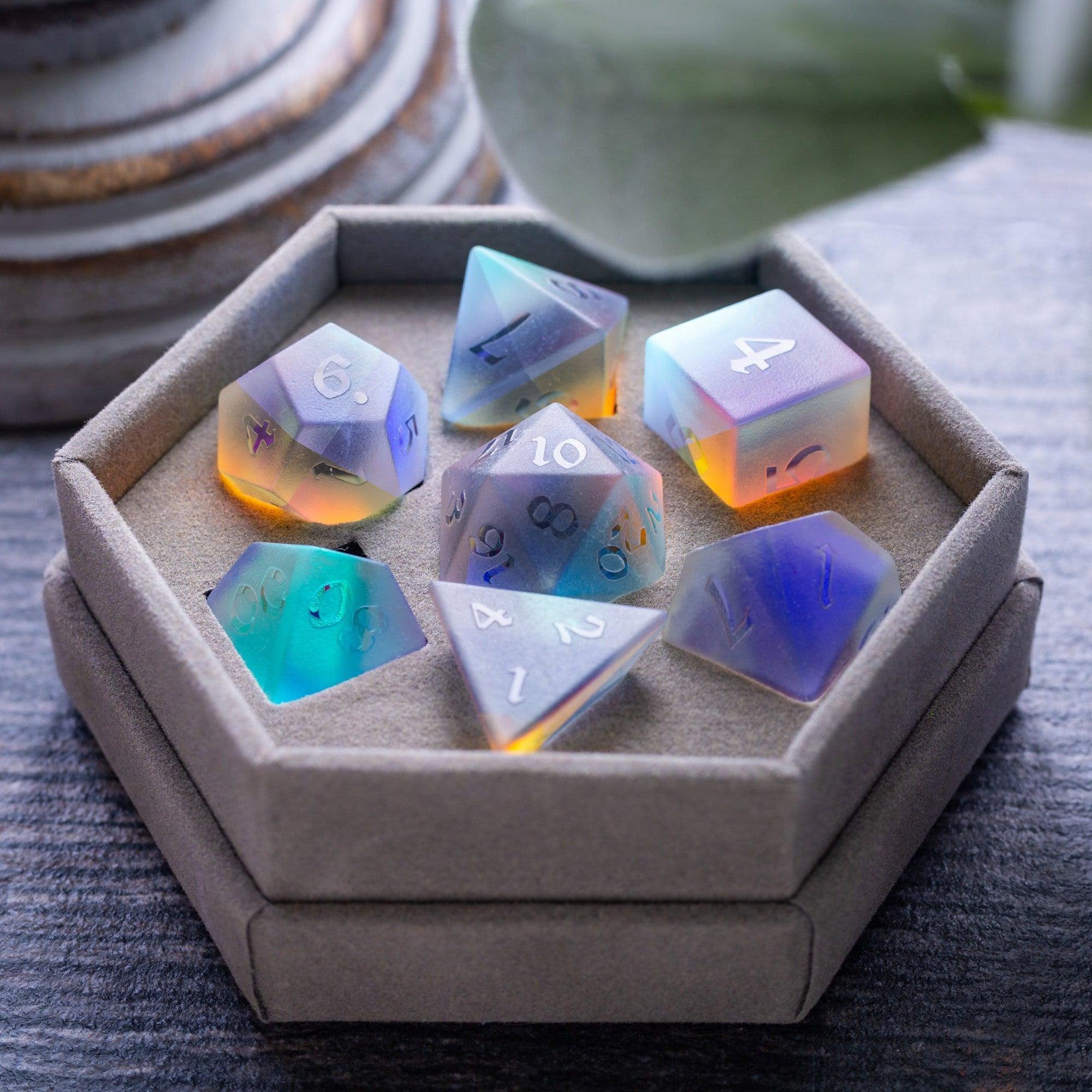
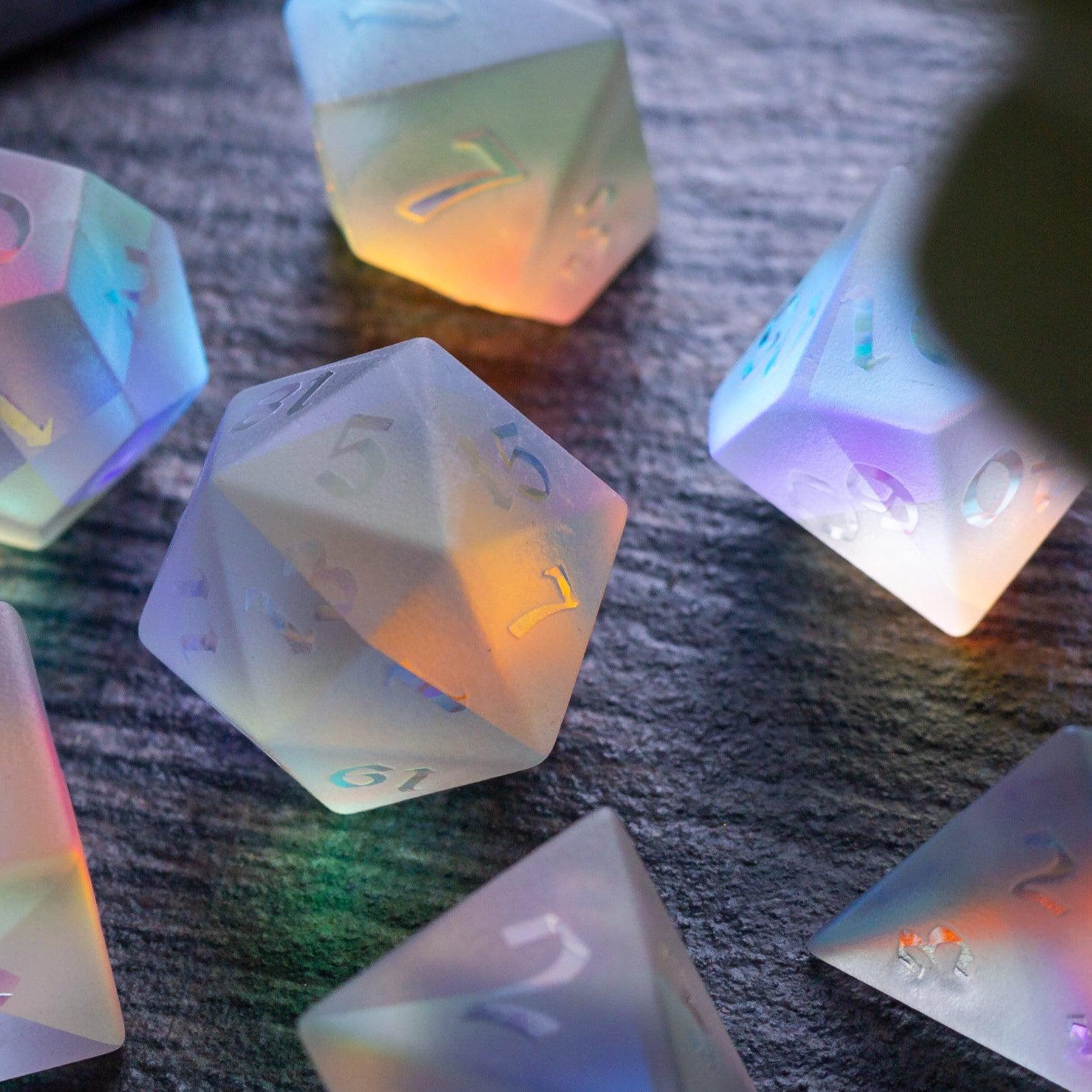
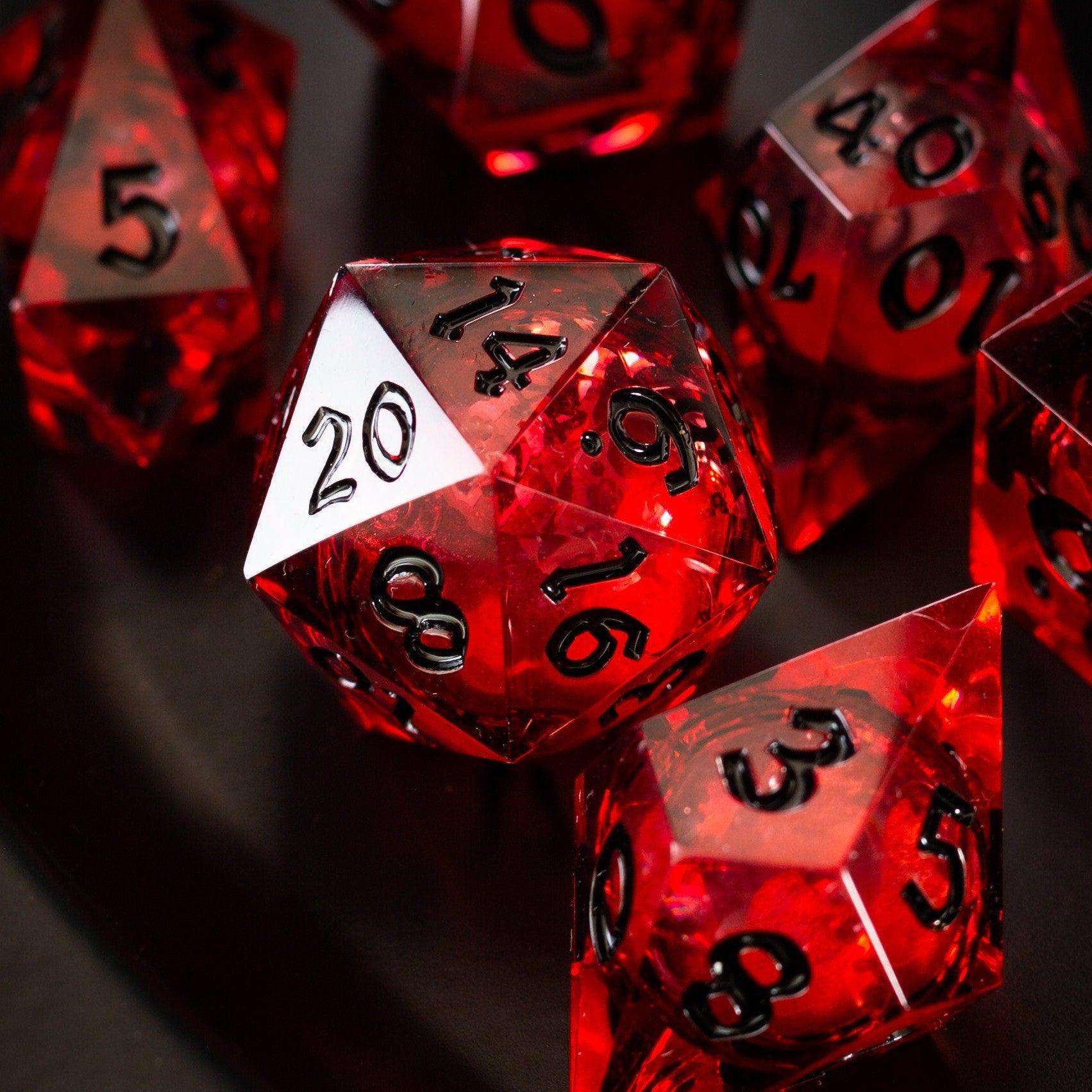
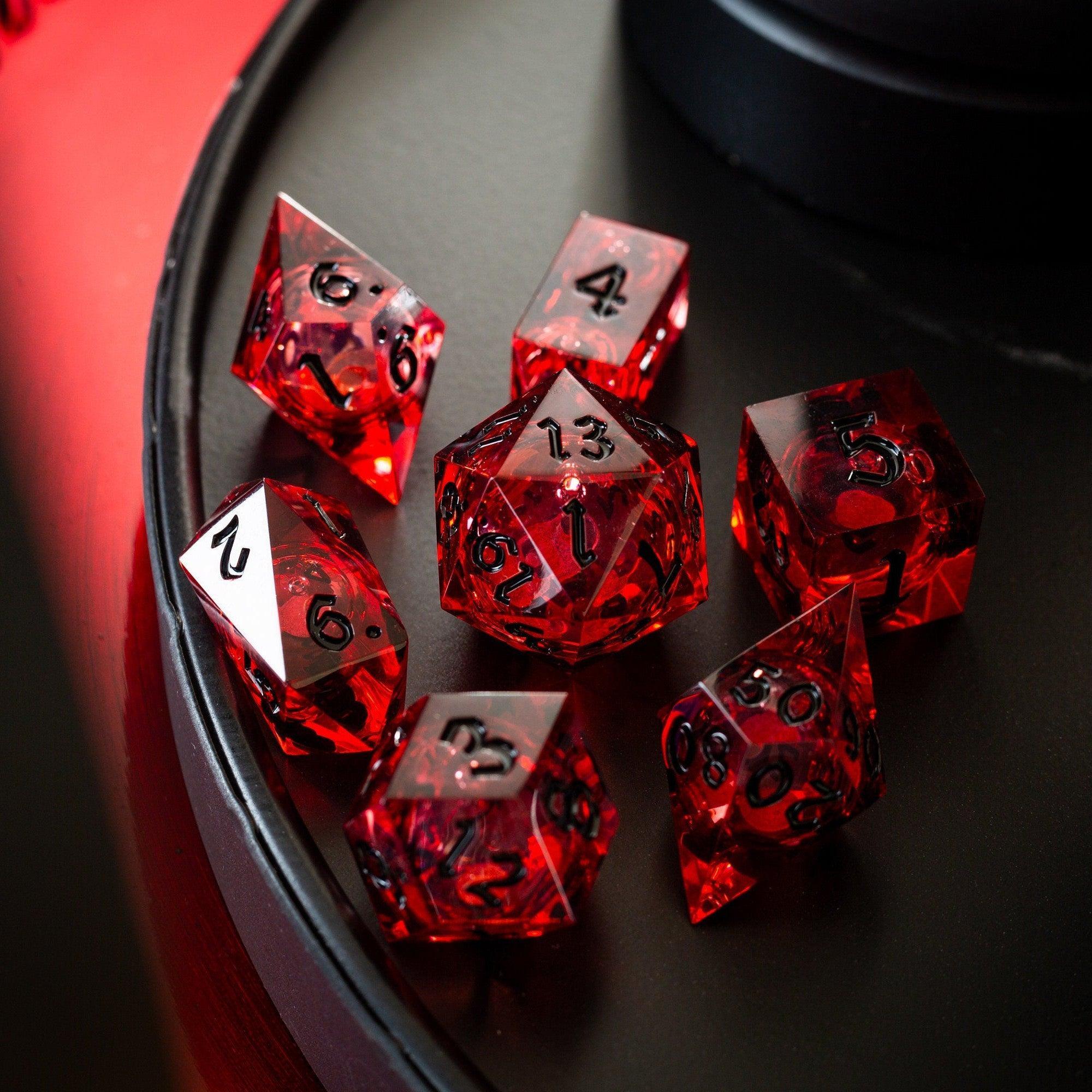
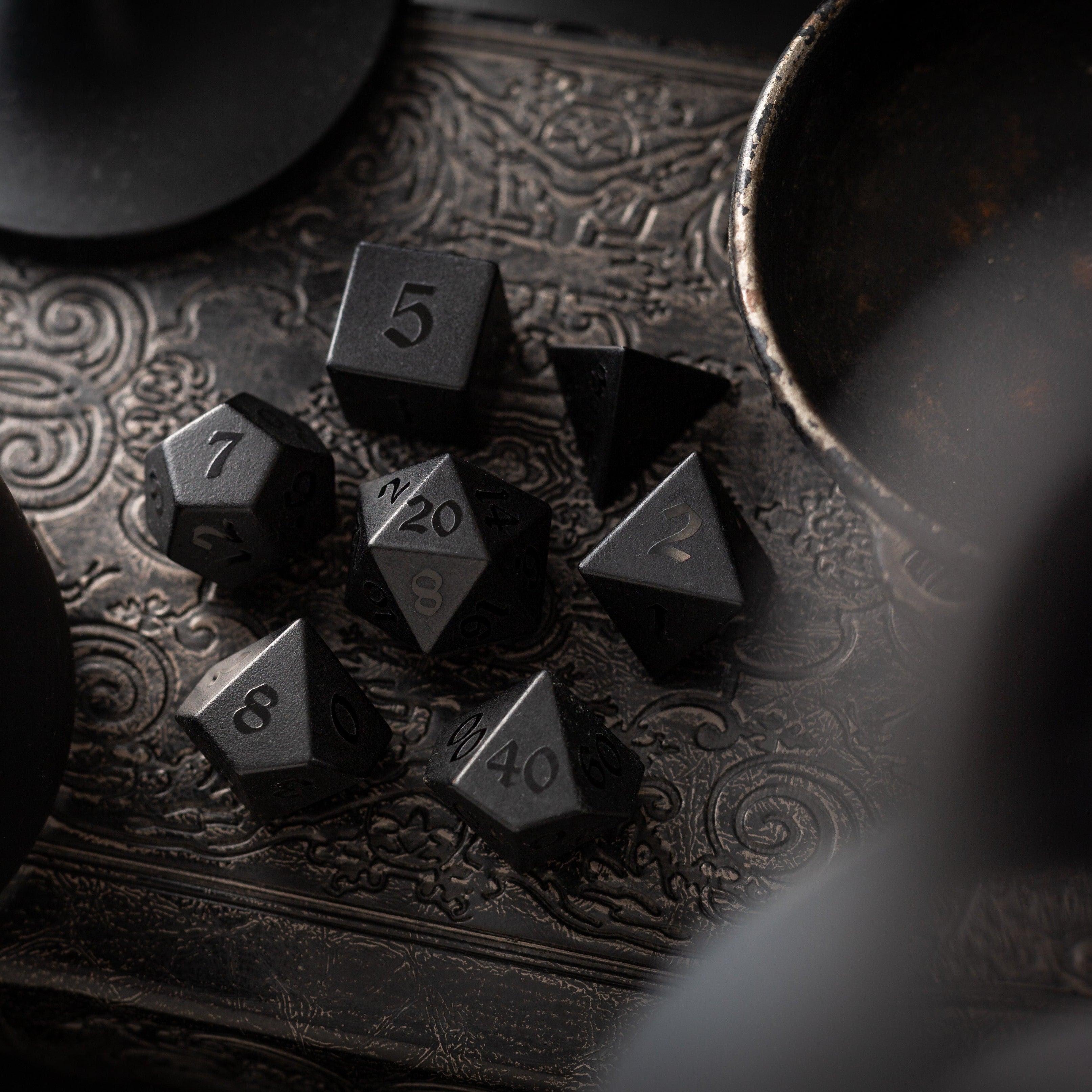
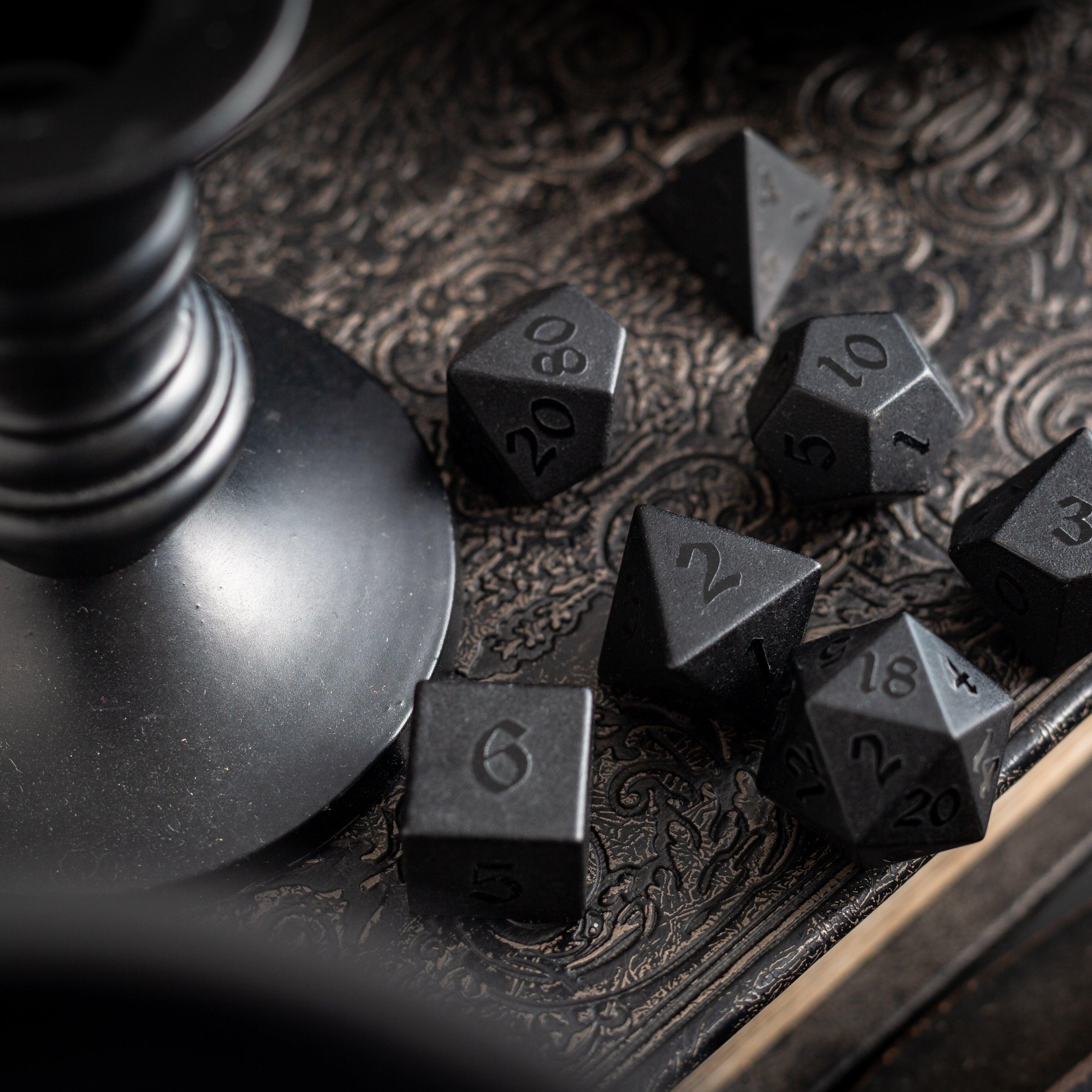
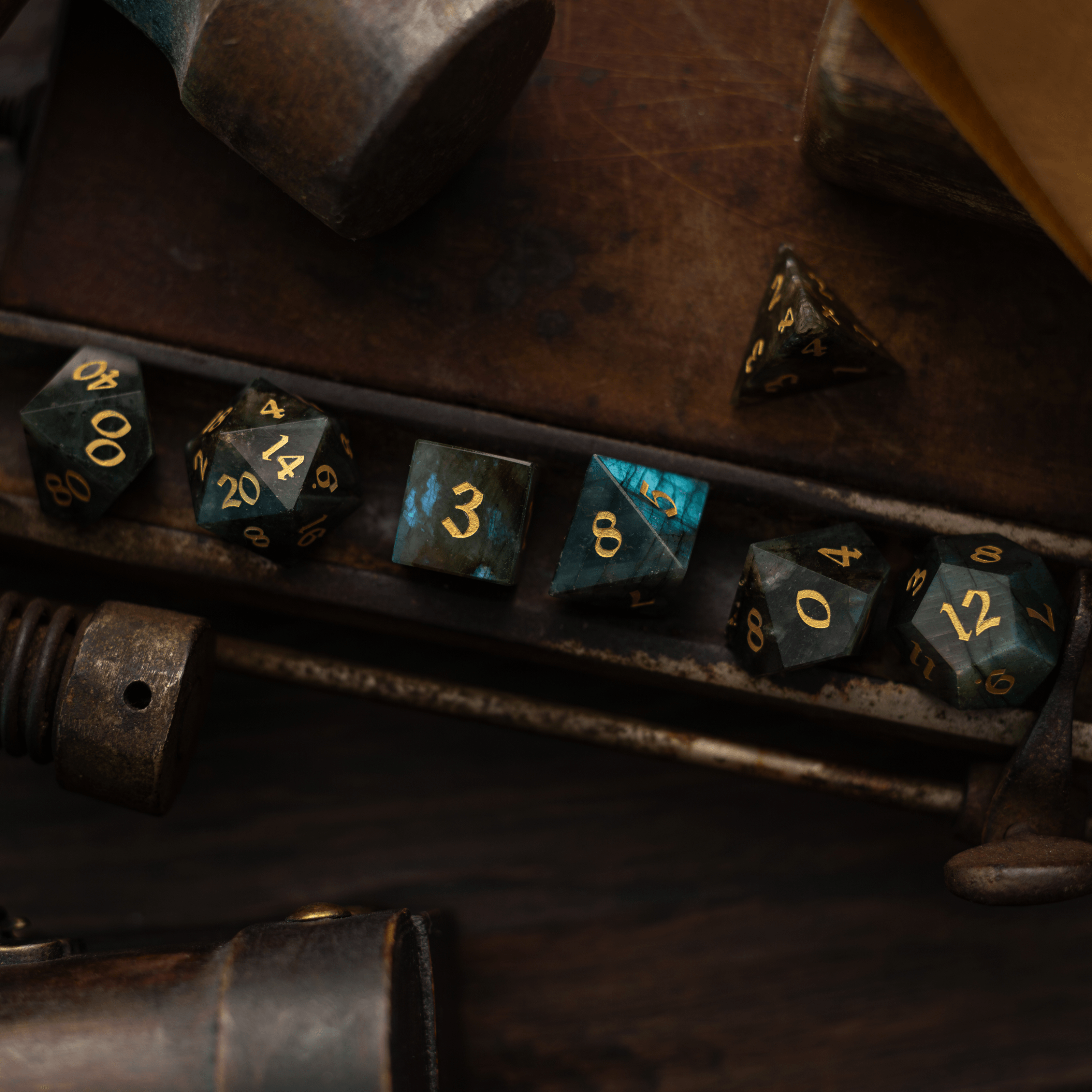
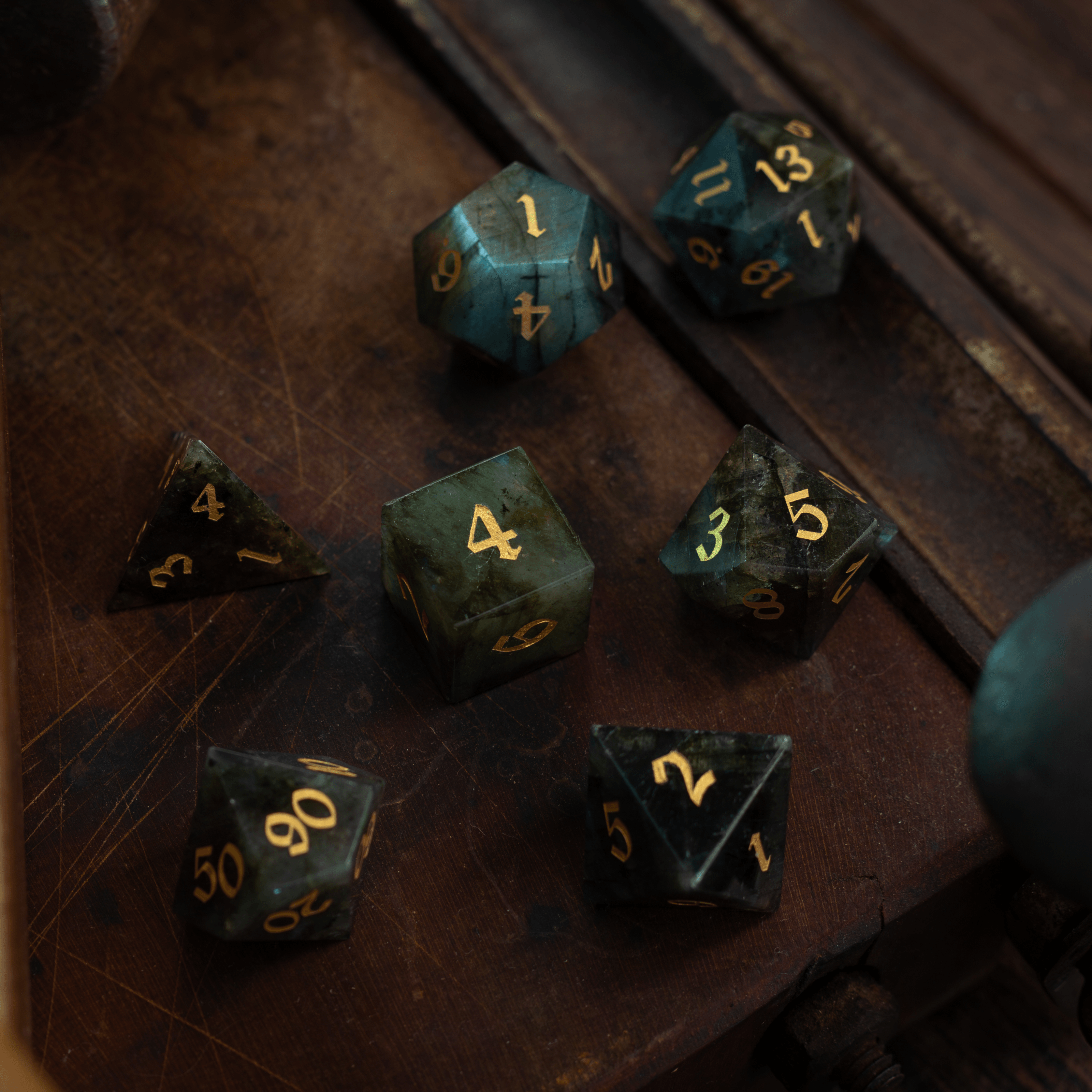
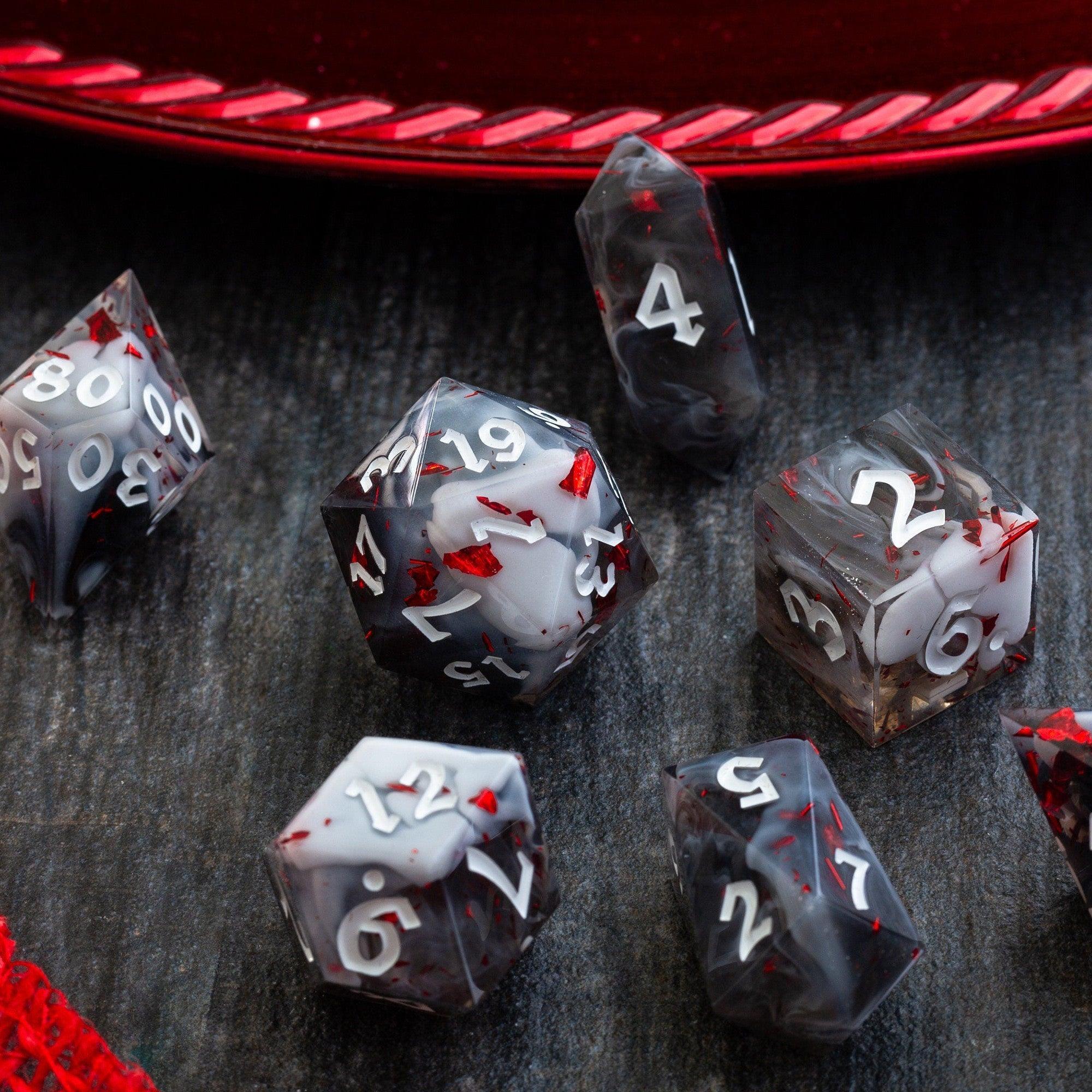
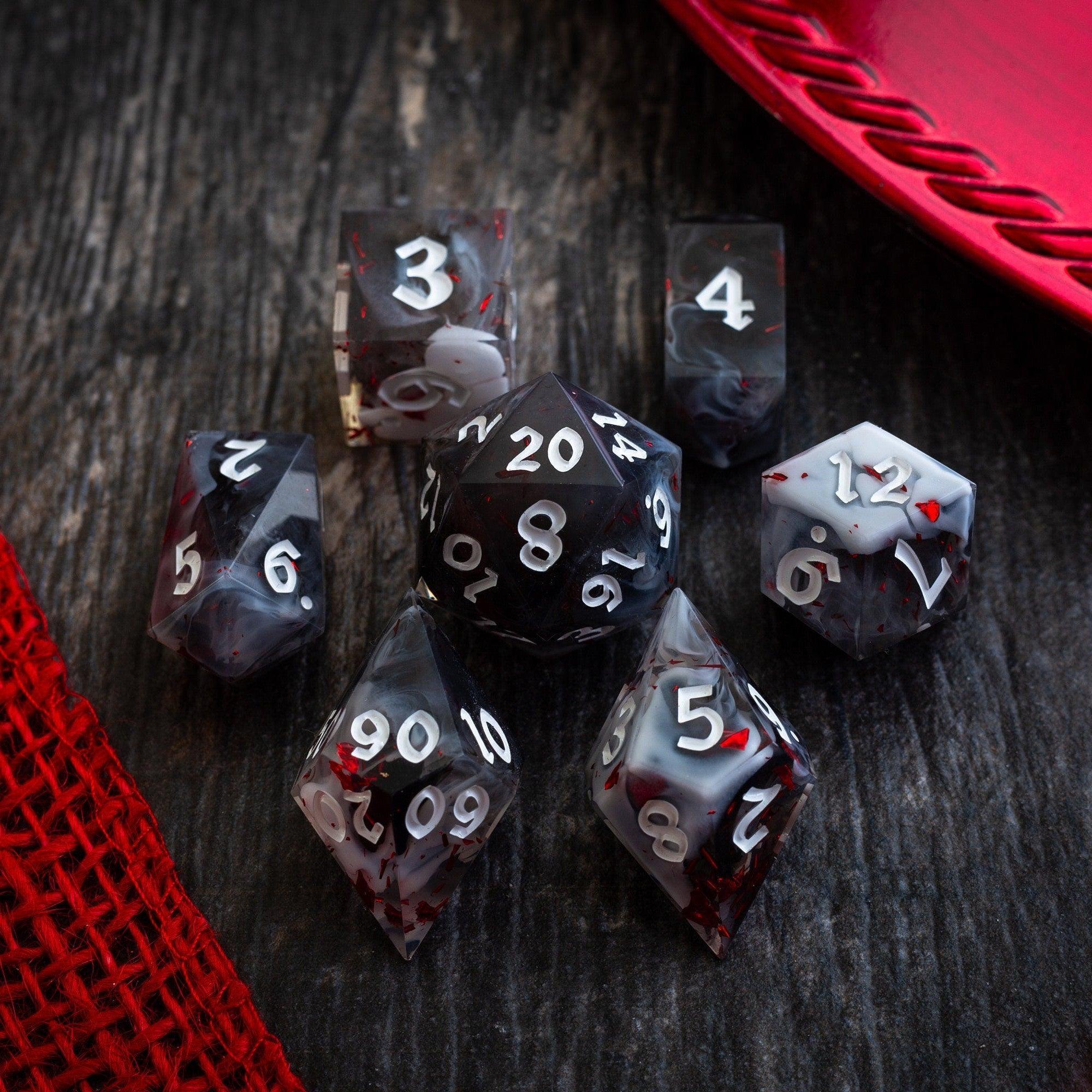
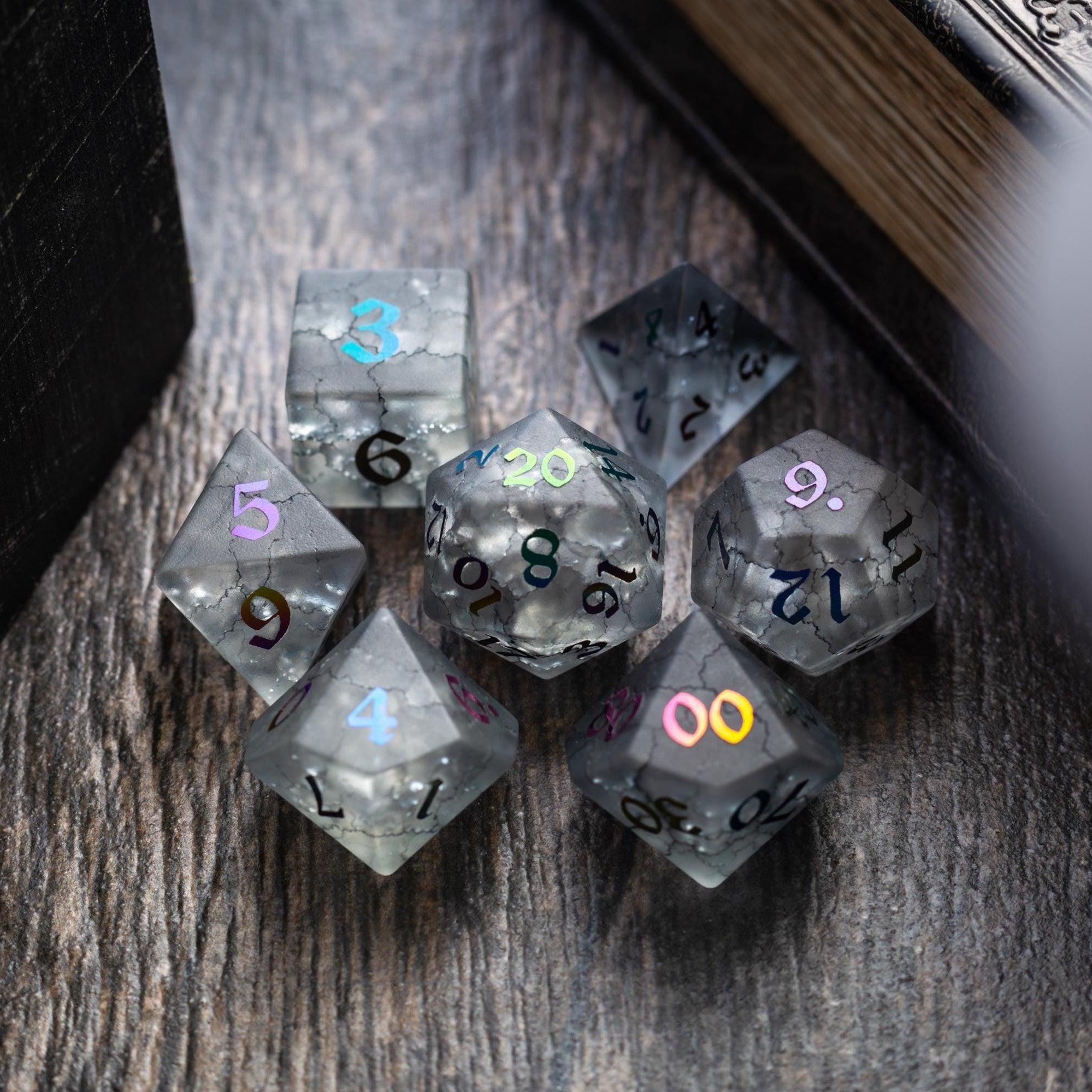
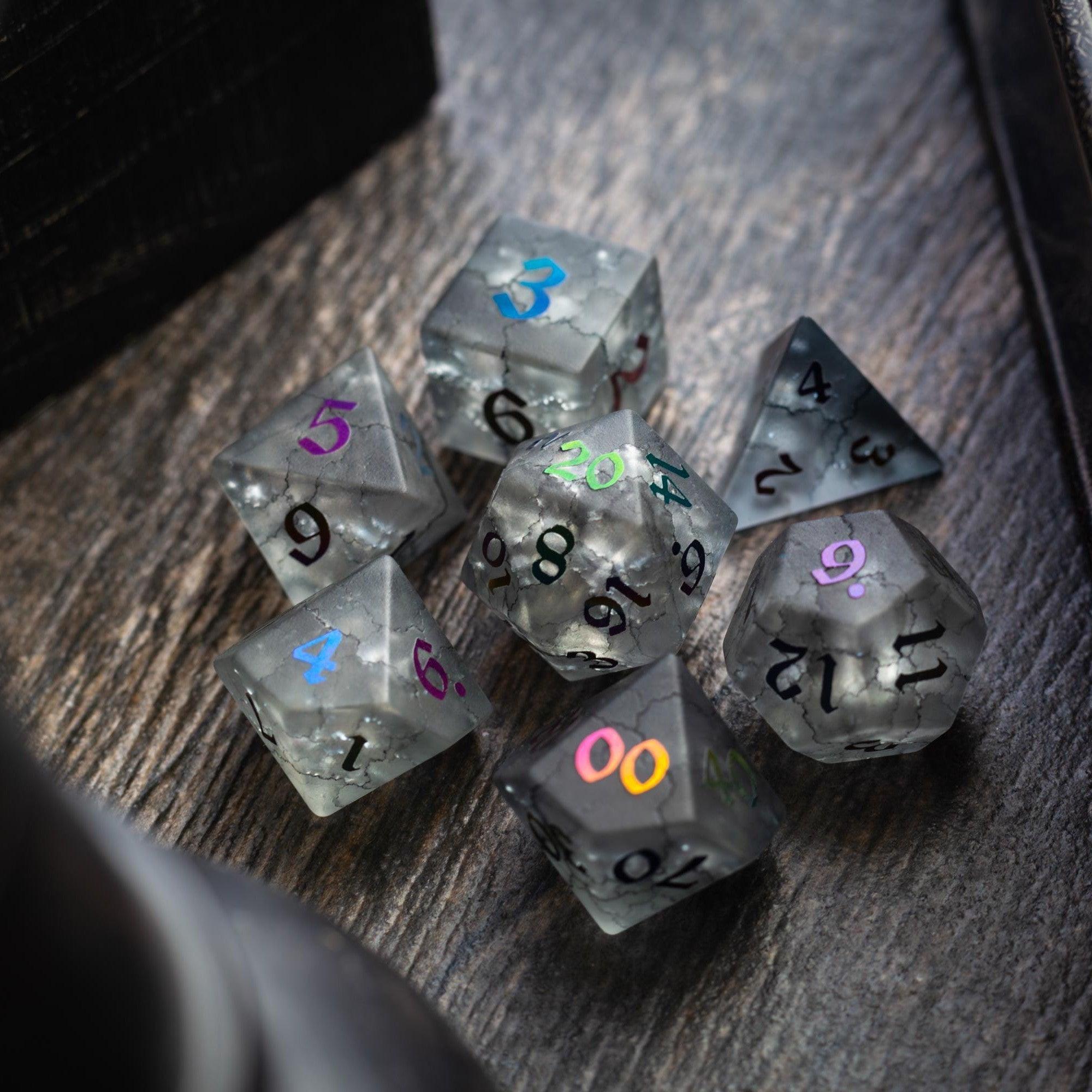
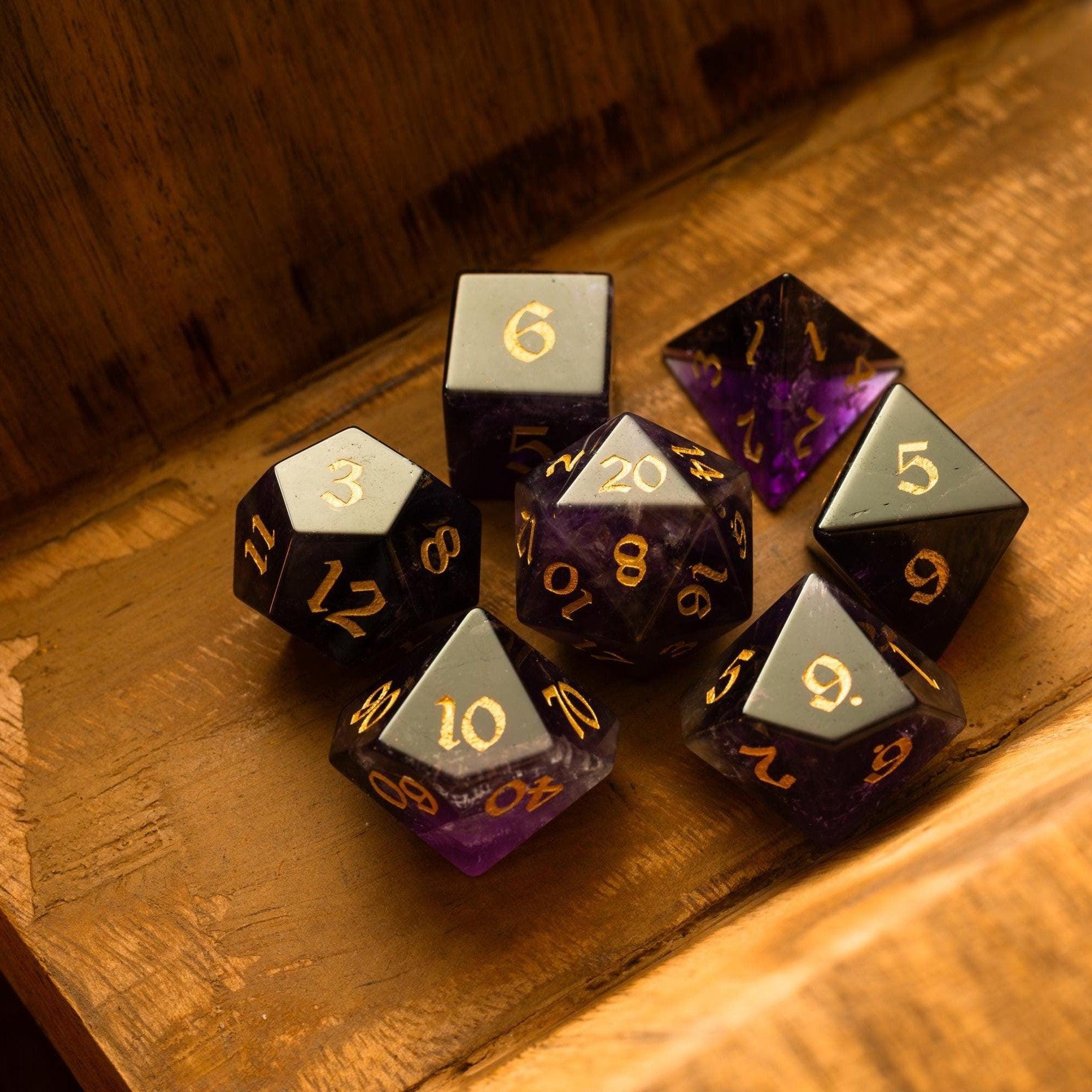
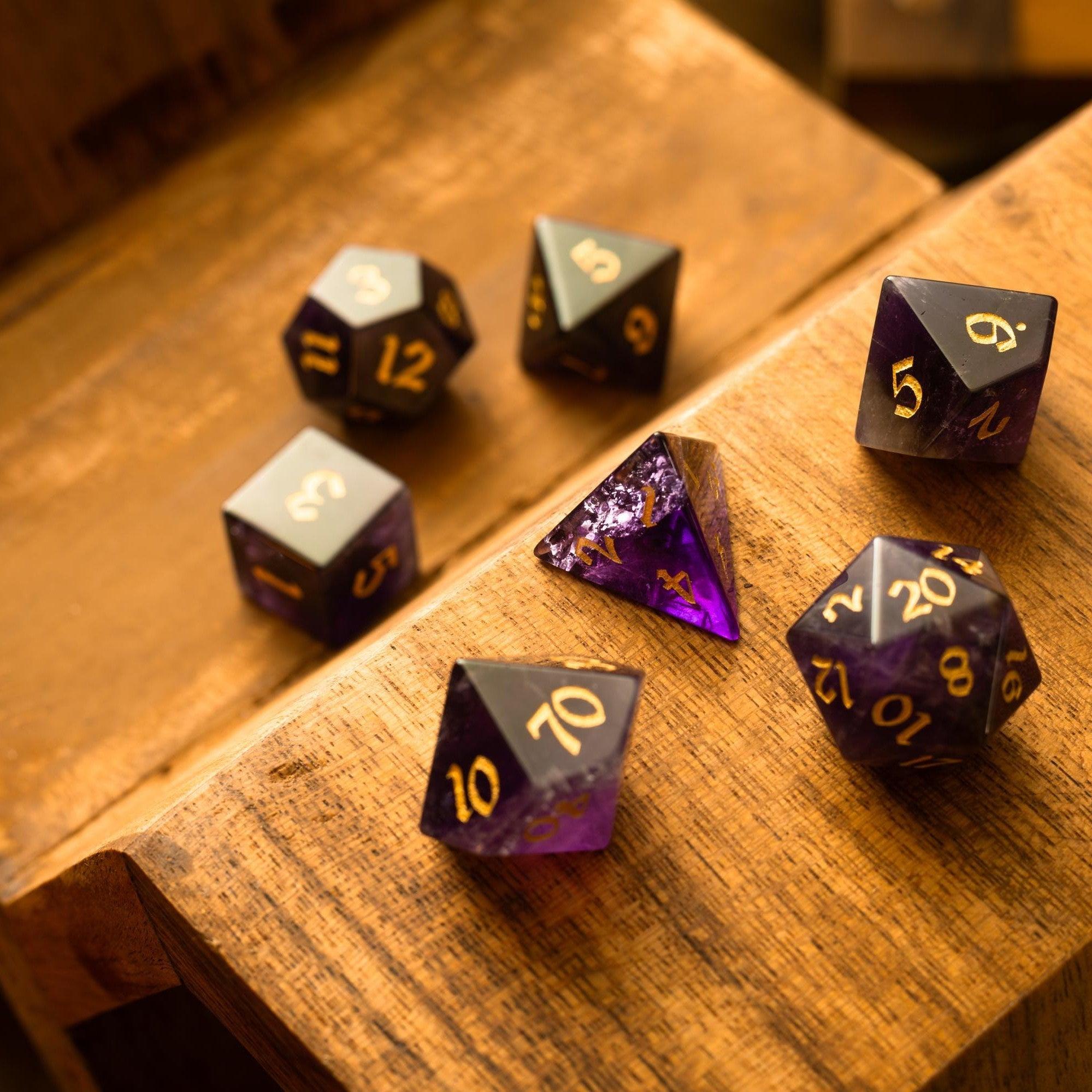
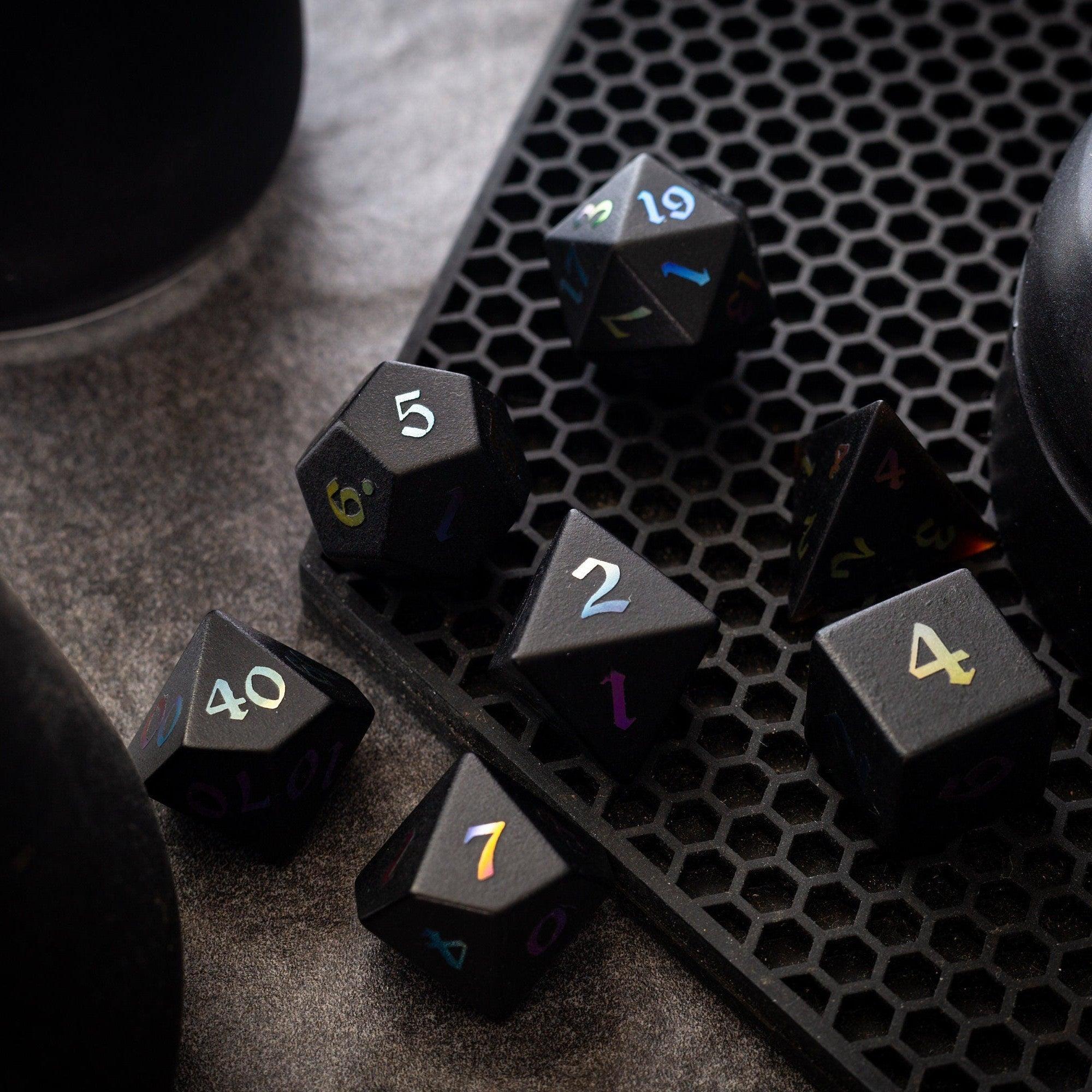
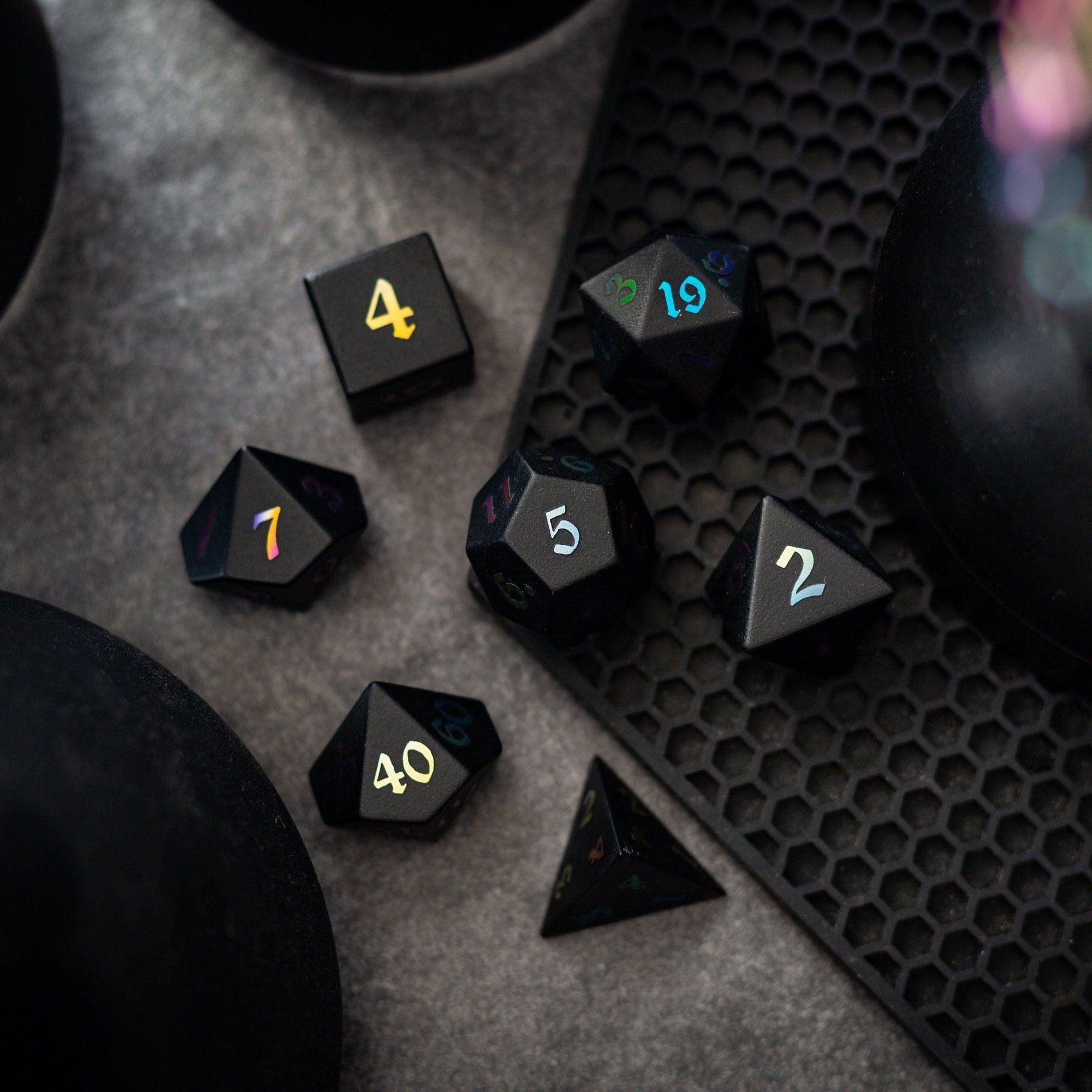
Leave a comment
This site is protected by hCaptcha and the hCaptcha Privacy Policy and Terms of Service apply.